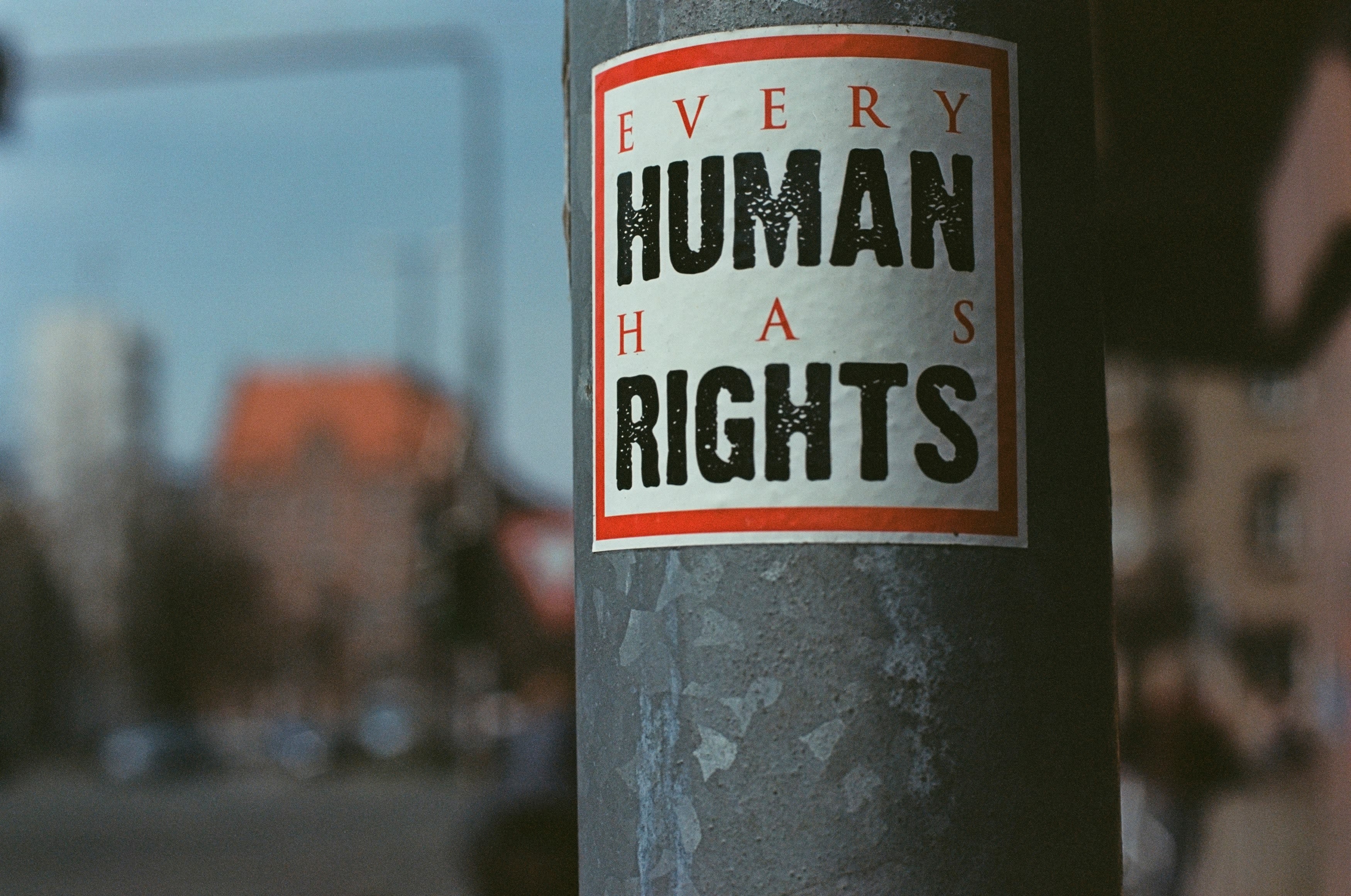Human Rights:
Protecting People's Rights Around the World

Human rights are universal moral values and legal entitlements that protect individuals and groups against actions that interfere with fundamental freedoms and human dignity. These rights are essential for a fair and just society and are enshrined in international law through documents like the Universal Declaration of Human Rights (UDHR). This article explores the global landscape of human rights, highlighting the challenges, progress and the continuous efforts needed to protect these rights around the world.
The Foundation of Modern Human Rights
The concept of human rights gained significant traction after World War II, culminating in the adoption of the UDHR in 1948. This milestone document outlines basic civil, political, economic, social and cultural rights that all human beings should enjoy. Since then, numerous international treaties and conventions, such as the International Covenant on Civil and Political Rights (ICCPR) and the International Covenant on Economic, Social and Cultural Rights (ICESCR), have been established to enforce these principles.
Current Challenges in Human Rights
Despite international agreements, many countries struggle with human rights violations that range from suppression of free speech and press freedom to more severe abuses like torture, slavery and wrongful imprisonment. Issues such as gender inequality, racial discrimination and the rights of indigenous peoples and refugees remain prevalent. Autocratic regimes, conflict zones and even some democratic governments continue to pose significant challenges to the global human rights agenda.
For example, in nations like Myanmar and North Korea, the state's role in human rights abuses is profound and well-documented. In contrast, systemic discrimination and social inequalities in more stable societies highlight that no country is immune from human rights challenges.
Efforts and Progress in Human Rights Protection
Organisations such as the United Nations (UN) and non-governmental organisations (NGOs) like Amnesty International and Human Rights Watch play pivotal roles in monitoring and advocating for human rights. These entities work tirelessly to bring attention to abuses, influence government policies and provide direct support to victims.
Legal mechanisms such as the International Criminal Court (ICC) are also crucial in holding individuals accountable for serious violations. The rise of global activism and increased awareness through digital media have further empowered people to demand change and hold their governments accountable.
Technological Impact on Human Rights
Technology plays a dual role in human rights protection. On one hand, it facilitates greater connectivity, awareness and mobilization of support; on the other, it raises concerns about privacy, surveillance and censorship. Governments and tech companies are often in a tug-of-war between using technology to enhance societal values and infringing upon individual rights.
For instance, while social media has been instrumental in movements like the Arab Spring and Black Lives Matter, it has also been used by some regimes for surveillance and to spread misinformation. Balancing these aspects remains a critical challenge in the digital age.
Looking Forward: Human Rights in a Changing World
As the world continues to evolve, so too must the strategies for protecting human rights. The future likely holds increased focus on issues like climate change and its impact on human rights, the rights of digital privacy and the ethical implications of artificial intelligence and biotechnology.
Global cooperation and stronger enforcement of international laws are needed to address these complex issues. Additionally, education and empowerment at the grassroots level are essential to cultivate a culture of rights and responsibilities.
Protecting human rights around the world is an ongoing struggle that requires the collective effort of international bodies, national governments, NGOs and individuals. Despite significant challenges, progress over the decades shows a promising trajectory towards a more just and equitable world. Continuing to advocate for, educate about and legislate on human rights is crucial for the dignity and freedom of all individuals across the globe.



